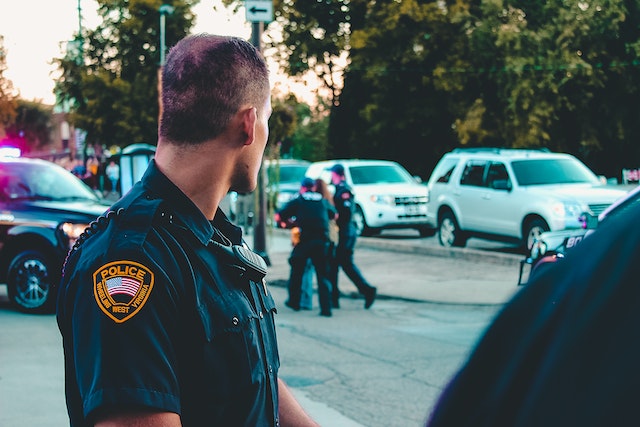Everything appears to happen quickly while you are in custody. An arrest may result from a variety of scenarios and circumstances. No matter what happened or why it’s critical to understand your rights. For the best management of your situation, read this list of the top things you should be aware of if you are arrested.
Hire a Lawyer
It is imperative to take this action as soon as the arrest is made. You can always choose to work with a lawyer. Before you have legal representation, refrain from making any remarks since what you say may be used against you in the future.
Avoid Defying Arrest
You must understand what to do and what not to do in the event of an arrest. Never attempt to thwart an arrest by a police officer, whether you believe you are guilty or not. The prosecution may file further charges if this occurs. You might potentially face “assault & battery” charges if you make physical contact with or threaten the police officer.
The Police Are Permitted To Lie
You shouldn’t debate them or the supposed proof they have. They are skilled at playing on your emotions to throw you off guard and highlight contradictions in your tale. You shouldn’t provide a statement to the police without consulting your lawyer.
Innocent persons have been accused of crimes by making statements that seemed contradictory because of an emotional response to what the police were accusing them of.
Show Respect
It’s critical to maintain composure and etiquette at all times. Whether guilty or not, always be respectful when speaking with a police officer. Always speak the truth, even if you’re anxious or under a lot of pressure. Your argument may get more challenging if you are not truthful.
Invoke Your Rights
You are entitled to both the right to counsel and stay silent. Use your legal rights! After claiming your rights, keep silent. You can provide the police with your name and basic details like your residence and date of birth, but keep all other information to yourself. Following your arrest, refrain from speaking with the police, your loved ones, or other inmates about your case.
Other convicts may talk to you in the hopes that you will reveal information they can use to turn you into police to get a better deal for themselves. Police are trained to pull out damaging information.
You should also anticipate that any phone calls or in-person talks you make while in jail with guests will be monitored and recorded. However, any talks with your attorney remain private, and you two can agree on what, if anything, you should tell the police.
Call For Help
You have the option to employ a lawyer or post bail using legal services like Oakland bail bonds. Public defenders are offered to you if you cannot pay for one. You should commit a few phone numbers to memory so you can call them if you get caught.
You won’t likely be able to use your cell phone to cry out to the police. Once more, presume that all calls you make from a jail or police station are being recorded unless you are calling your attorney.
Obtaining Legal Assistance
It may be uncomfortable and distressing to be arrested. People only want to get out of jail and believe that if they comply or explain the issue, the police will release them. Even police officers could remark something along those lines.
Make no choices regarding your case or attempt to negotiate your way out of jail without first seeing a lawyer. Wait until you have a consultation with a lawyer before joining a lineup or taking any other action related to your case.
If you have been arrested and charged with a crime, you have the right to legal counsel. Contact a qualified criminal defense lawyer or the public defender’s office in your area to discuss your case.
Your case’s chances of succeeding in court and what to anticipate as you traverse the criminal justice system may both be predicted by an attorney. Working with a competent attorney is the best method to safeguard your rights and get the most excellent result for your case.
Bottom Line
If you or your family member has been accused of a crime, you must get a legal lawyer to help you navigate the criminal justice system. Even if you did conduct the crime for which you are charged, there are still several rights that you must maintain during the trial.

